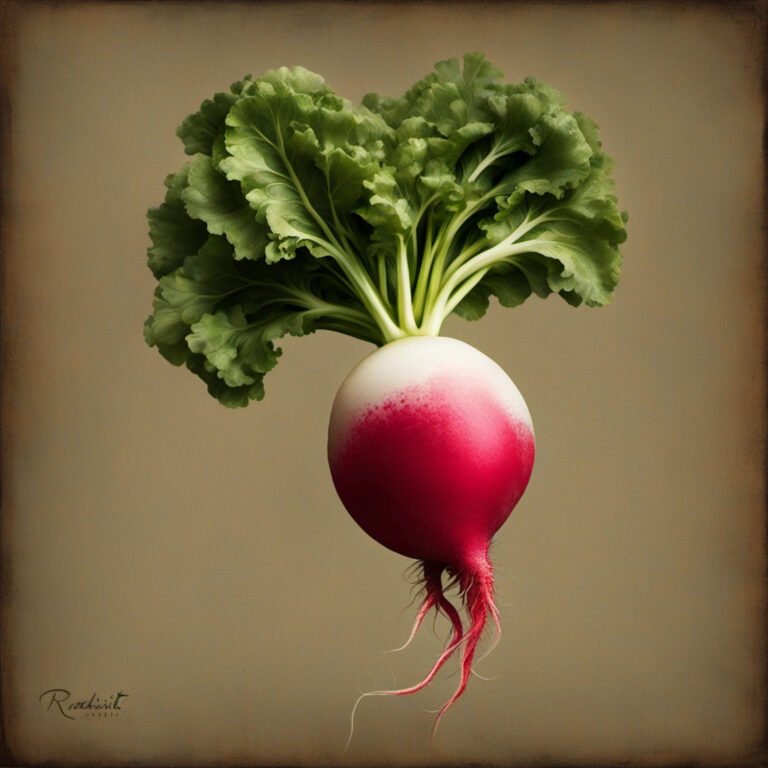 The radish is the noisy'st root,
The radish is the noisy'st root,
Its vocal tack beyond dispute,
effusive in expounding truth—
so talkative, this verbal fruit.
In ages prior and aeons hence,
have poets, lost in reverence,
e'er had their solemn thoughts disturbed
in comp'ny of this verbal herb,
As, spicy, doth it bide its time
concocting tales in verse and rhyme,
and platitudes, as is its bent,
propounding truth, without relent.
O! Indiscrete and loose-lip'd mustard!
With secrets should it not be trustered,
lest ev'ry private thought and plan,
reverb'rate loud from your garden.
The carrot dreams in quietude,
The yam's indifference seems rude.
The leek a mute, and soon you'll learn,
The 'tato downright taciturn.
Confronted, then, by veggie basket
Minds inquis'tive may well ask it,
"Does none among ye speak the truth?"
...And waiting, then, may shortly hear,
in voice unquiet to the ear,
and which, proclaiming from the farms,
not reticent to tout its charms,
with ardor and uncommon verve,
the root that grates upon the nerves,
the forthright and abrasive bulb
whose unasked counsel to the world,
gives voice to every passing thought
in rhetoric which ceases not,
now, in reply, proclaims: "I doth".
For radish sharp, it stands alone,
unmoderated in its tone,
declaiming, 'neath it's gentle leaves,
all that it knows, or else believes,
As in ev'ry dewy dawn,
this brassicate does ramble on,
with lyric odes from 'neath it's leaves,
and doggerel through the dimming eves.
But! Knowing this gregarity,
one, questioning for clarity,
may wonder if, somehow, one can
know radish-writ from words of man?
For, as the reader so inclined
may ask the question in thy mind:
From whence'd THIS poem germinate?
From mind of man? Or salad plate?
But on that source our verse is mute,
betraying not which, man or root,
was moved to pen this litely air.
Ask in your garden. Perhaps the answer's there.







